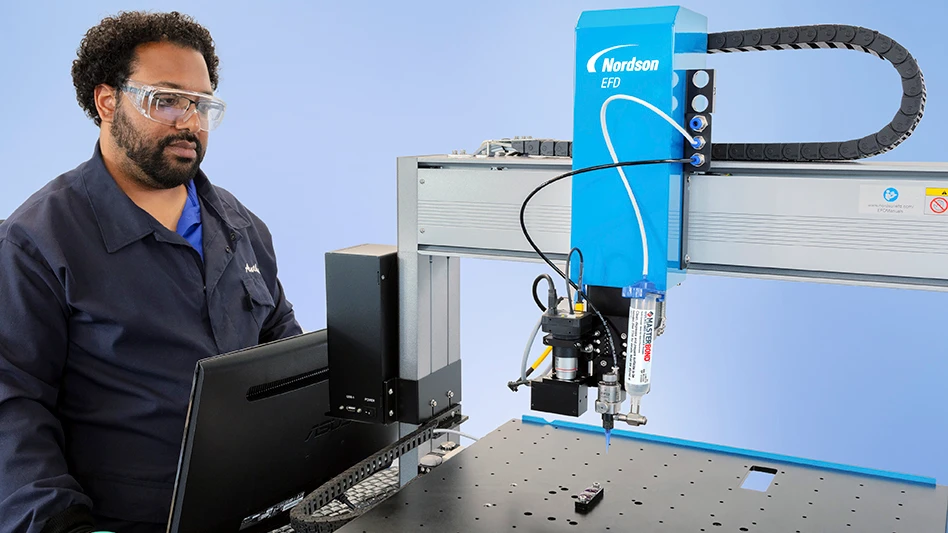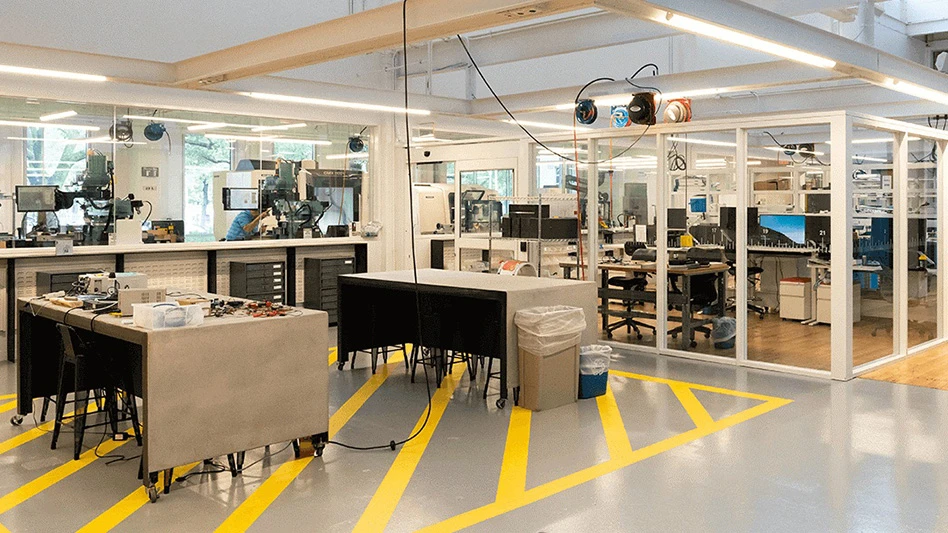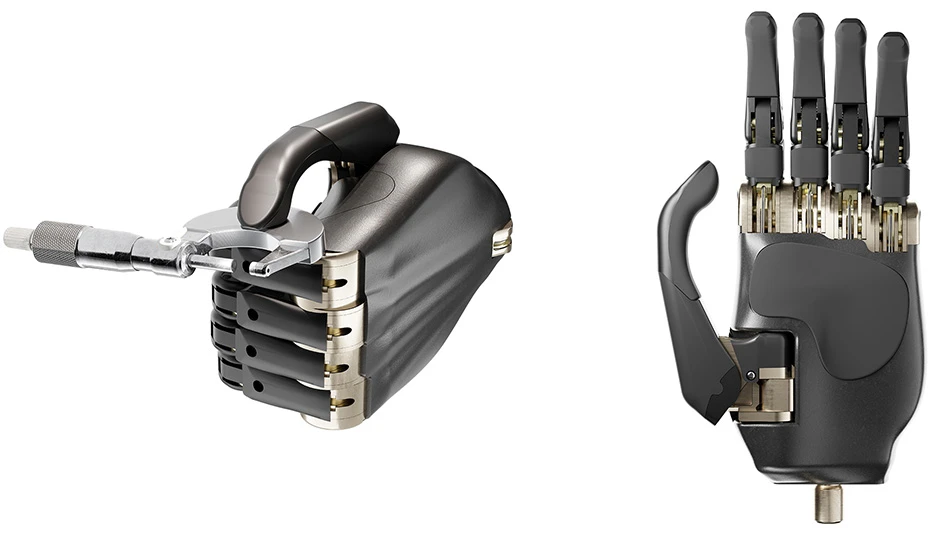
Solvay
Solvay,
a leading supplier of advanced materials, has teamed up with French start-up Ostium
in a joint project designed to enable the mechanical recycling of end-of-life
single-use surgical instruments molded in glass-fiber reinforced Ixef polyarylamide (PARA) from Solvay’s
portfolio of specialty polymers.
The
initiative is the first for valuable polymers to be recycled and upcycled from
used healthcare devices, proving that the medical safety provided by
high-performance polymers such as Solvay’s Ixef PARA in single-use surgical
instruments, can be reconciled with the need for greater sustainability and
resource efficiency.
“Our
customers in the healthcareindustry must meet strict regulatory demands, while at the same time
striving to minimize the carbon footprint of their products and support the
reduction of hospitals and clinics' end-of-life waste,” says Claire Guerrero,
Global Marketing Manager Sustainability at Solvay. “We identified a gap between
these challenges, which prompted us to forge this unique collaboration for
developing a breakthrough recycling process for used surgical instruments that are
commonly disposed of by incineration rather than reclaiming their high material
value. By controlling every step in the loop from the original Ixef PARA to the
upcycled PARA compound, we will be able to ensure its high quality, purity, and
performance for demanding downstream applications and can make a significant
contribution to a more sustainable polymer economy.”
Ostium
Group, a French start-up specializing in the design and manufacture of
instruments for hip, knee, shoulder, and trauma orthopedic surgery, will supply
hospitals with new custom surgical kits made with Ixef PARA and collect the
contaminated instruments after use. This will also promote the replacement of
metal surgical instruments with lightweight polymer designs and help medical
facilities reduce their time and cost for sterilization, and disposal as well
as lower their carbon footprint.
The
partnership with a regionally recognized leader in the treatment and recycling
of waste from healthcare activities with infectious risks, was key to
developing a dedicated mechanical process to clean, sort, and grind the
collected material, delivering high-quality polymer feedstock that can be used
in the production of new polymers. In this way, end-of-life surgical
instruments can become part of a circular ecosystem that prevents the loss of
valuable material and reduces the consumption of fossil resources.
Finally,
Solvay is evaluating upcycling options and how to integrate back this recycled
feedstock into new high-performance PARA compounds. Initial trials have shown
that the recycle-based PARA compound provides a very high level of performance,
with up to 85% of flexural properties and no loss in excellent surface
appearance when compared with the virgin grade, with the additional advantage
of a lower carbon footprint.
In
view of regulations in place in the healthcare market with constraints on the
use of recycled materials, Solvay is targeting open-loop downstream solutions
in which the recycled material will find a second life in high-end markets such
as automotive and sports and leisure equipment.
Latest from Today's Medical Developments
- Syringe-less injector system for diagnostic imaging obtains fourth FDA clearance
- Hohenstein Medical debuts enhanced medical device testing capabilities
- Arterex unveils unified brand identity
- Dymax demonstrates light-curing material solutions for medical devices
- Able Medical Devices showcases latest sternal closure solutions
- TMTS 2026 explores AI-powered sustainable manufacturing and more
- QT9 QMS platform streamlines quality management, compliance for medical device manufacturers
- Spineology releases patient-specific expandable spinal implant





